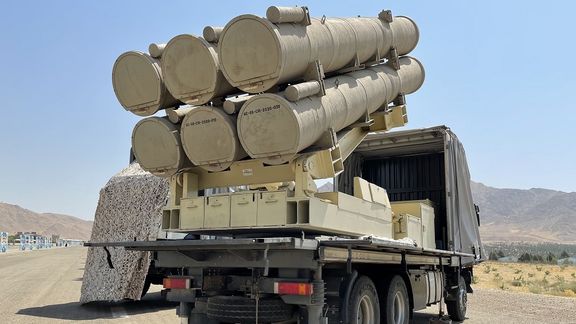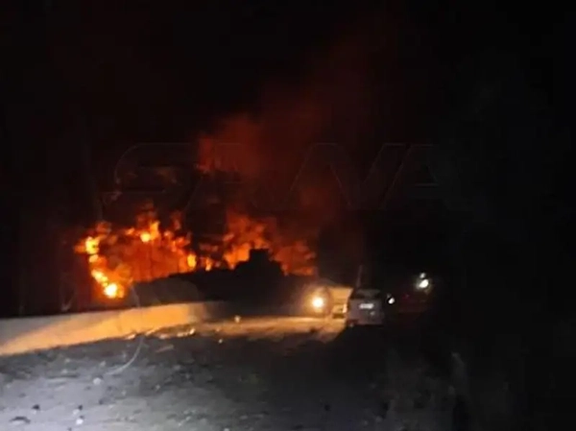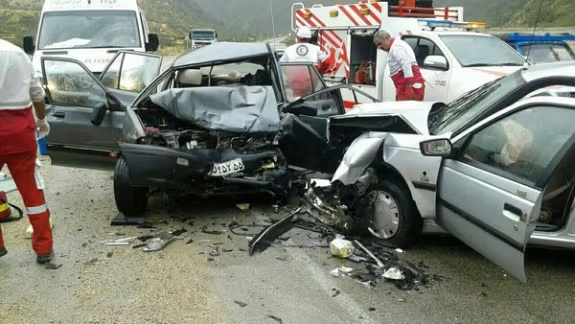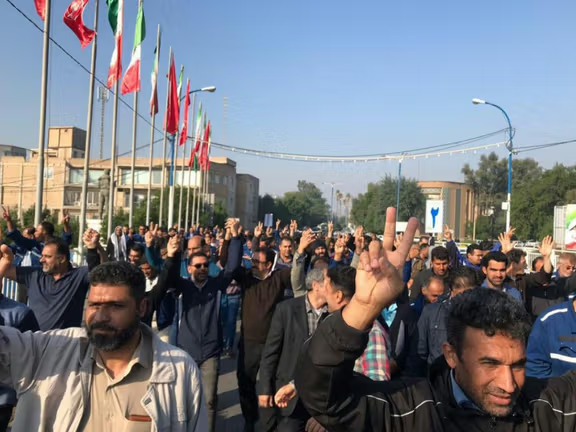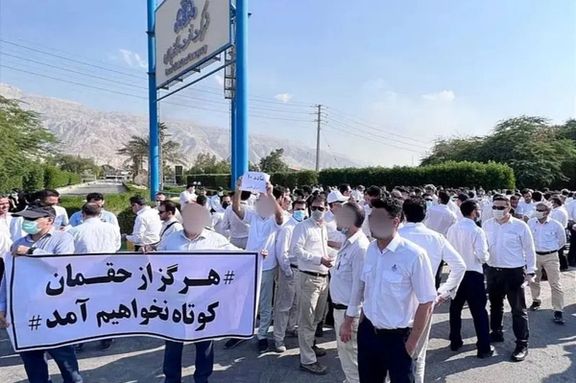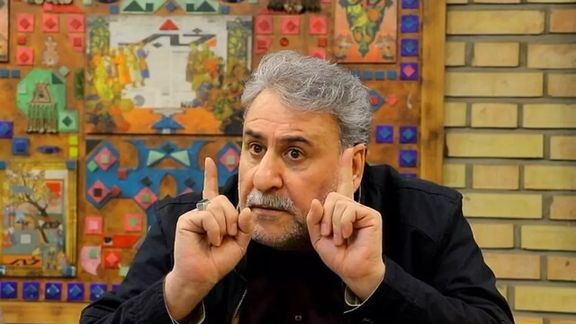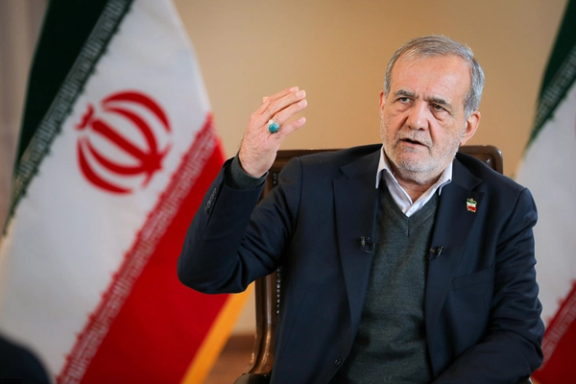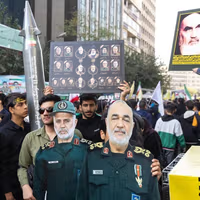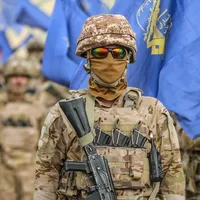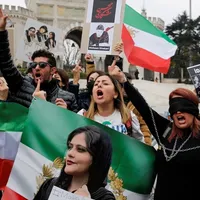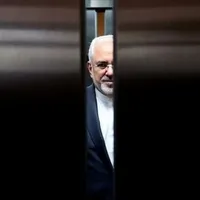Israel's defense minister revealed in 2022 that the facilities at the Scientific Research Studies Center in Masyaf were being used by Iran to produce advanced missiles and weapons for its proxies. Benny Gantz made the remarks following an Israeli airstrike on the sites at the time, but the strikes do not seem to have removed the threat, as the facilities were once again targeted on September 8, 2024.
Late Sunday night, a series of Israeli airstrikes hit multiple locations across central Syria, resulting in the deaths of at least five individuals and injuring 19 more, according to Syrian state media. The strikes caused fires and damaged infrastructure in the area, with firefighting teams battling to control the flames into the early hours of Monday.
Two regional intelligence sources told Reuters a major military research center for chemical arms production located near Masyaf was hit several times. It is believed to house a team of Iranian military experts involved in weapons production.
Syria’s official news agency, SANA, reported that the country's air defense systems responded to what they called an "aggression" targeting several points in the central region, specifically in Hama province. One of the strikes damaged a highway in the province, further complicating the situation on the ground.
Faysal Haydar, the director of Masyaf National Hospital in western Hama province, confirmed the number of casualties, which SANA says were all civilians.
The Syrian Observatory for Human Rights (SOHR), a UK-based war monitoring group, also confirmed the strikes and reported that one of the targeted sites was part of the CERS in Masyaf, a location known to house Iranian militias and weapons experts. These forces have reportedly been stationed in Syria to assist in developing military capabilities for the Assad regime, the report said.
“Under the vision of Soleimani, Iran transformed CERS in Syria's Masyaf into production facilities for mid and long-range, precise missiles and weapons, provided to Hezbollah and Iranian proxies. These sites host significant threats to the region and to Israel," Benny Gantz said in September 2022.
Israel’s Alma, an institute focused on threats to northern Israel, has revealed in a detailed report that “Iran’s major focus is to develop and manufacture precision missiles and rockets, cruise missiles, and unmanned aerial vehicles (UAVs) on Syrian soil”.
Israel’s Alma, an institute focused on threats to northern Israel, has revealed in a detailed report that “Iran’s major focus is to develop and manufacture precision missiles and rockets, cruise missiles, and unmanned aerial vehicles (UAVs) on Syrian soil”. Operations are centered around the CERS Center, which is the heart of Syria's military industry. Established in 1971, the institute has transformed into a collaborative platform involving Syria, Iran, and Hezbollah since the beginning of the civil war, according to Alma's statement.
Over the years, Syria’s CERS Center has been shown to be accountable for the research, development, and military production of advanced weapons such as surface-to-surface missiles such as the M-600 / Fateh-110 missile, which is “at the heart of the joint Iranian-Syrian and Hezbollah precision project", Alma reported. More alarmingly, it states that “the CERS Center is responsible for developing and manufacturing chemical, biological, and potentially nuclear weapons”.
Also on Sunday, local media reported strikes near Damascus and the coastal city of Tartous, though details on the extent of the damage or casualties in that area were limited at the time.
The incident marks yet another escalation in the ongoing conflict in Syria, with Israeli airstrikes becoming a frequent occurrence, particularly targeting sites linked to Iranian forces operating in the country. While Israel rarely confirms such operations, it has repeatedly stated that it will not tolerate Iran’s military presence in Syria, which it views as a direct threat to its national security.

